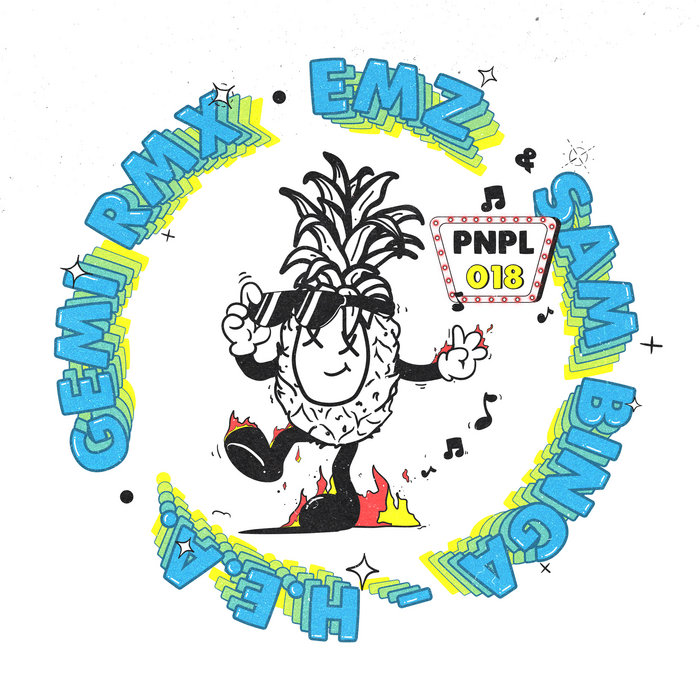
Emz & Sam Binga – H.E.A. (Gemi RMX) – Sam Binga
this blog is GROOVY – check out great Soul, Funk, Jazz, Hip Hop, Bass, Breaks , Reggae, House n many more TUNES
Ah, garage music! It’s that raw, gritty sound that feels like a wild ride down a bumpy road. But where did it come from? Buckle up as we take a funky journey through the history of this electrifying genre.
Garage rock burst onto the scene in the 1960s, primarily in America. Picture this: kids in basements and garages (hence the name) jamming away with whatever instruments they could get their hands on. They weren’t looking for perfection; they wanted to unleash their rebellious spirits! Bands like The Sonics and The Shadows of Knight led the charge with their raucous tunes.
Did you know that many early garage bands recorded their tracks with just one or two microphones? Yup! This lo-fi approach gave them that unmistakable “gritty” vibe, which is still celebrated today.
Fast forward to the 1970s, and garage rock was getting its own punk twist. As punk exploded into mainstream consciousness via bands like The Ramones and Iggy & The Stooges, garage music evolved into something even rawer. These acts stripped down production values, focused on energy over musicianship—and boy did it resonate!
The band Teenage Head got banned from various venues for being too rowdy during performances—so much so that they once played a show wearing trash bags as makeshift outfits because they needed to find a way to stand out!
By now you might be thinking: “Wasn’t garage supposed to be dead?” Oh no! Enter stage left: the ‘80s revival! Bands such as The Lyres and DMZ brought back those fuzzy guitars and catchy hooks while adding an updated feel. They proved there was still plenty of juice left in those old-school vibes.
Here’s something amusing—many musicians who identified as “garage” blurred genres so much that at one point people started calling them “power pop.” Imagine playing at an indie festival only to discover everyone thought your set was “power pop,” but you meant it all along to sound real dirty!
But wait…there’s more! Stubby jeans were cool again when early-2000s bands like The White Stripes and The Hives rode back into town. With distinctive uniforms (think red-and-white stripes!) accompanied by relentless energy—they reignited interest among listeners both young and old.
They mixed classic garage sounds with bluesy riffs which made heads bop everywhere—from dingy bars to big festivals around town.
Jack White (of The White Stripes) famously had his own little “come-to-Jesus moment” when he flipped out trying not just regular guitars—but upside-down ones too—you know—to get some unique tones going on…#Rock N’ Roll Blessings!
Today, artists continue embracing these roots while adding new flavors—a splash of punk here or some psychedelic vibes there. You’ll hear contemporary acts like Ty Segall, King Gizzard & The Lizard Wizard, or FIDLAR keeping alive all those zesty elements folks loved back then but cranking everything louder than ever before!
And let’s not forget about DIY culture—tapes produced straight from home studios are abundant nowadays making creativity endlessly accessible WHOA!!! It feels good vibin’ together around campfires (or living rooms).
But beware—the modern age can lead certain trends awry; remember when some hipster types insisted ‘if it isn’t recorded live on vinyl it’s basically junk’? Can we agree that’s just pushing things too far?
Overall if there’s anything we’ve learned through our exploration—it’s how vital & energetic this genre remains despite its multitude re-inventions across decades containing catchy lines paired alongside fuzzy distortion sounds reminding us all life should be fun—not polished chaos hiding behind layers technicality galore!
So next time you’re scrolling playlists for fresh beats dive into some classic or newfound gems within Garage Rock realm; who knows what kind laughter awaits amidst infectious grooves holding rich stories waiting share #GettingGroovyTogether!
Stay tuned/keep rocking y’all 🌟

Emz & Sam Binga – H.E.A. (Gemi RMX) – Sam Binga
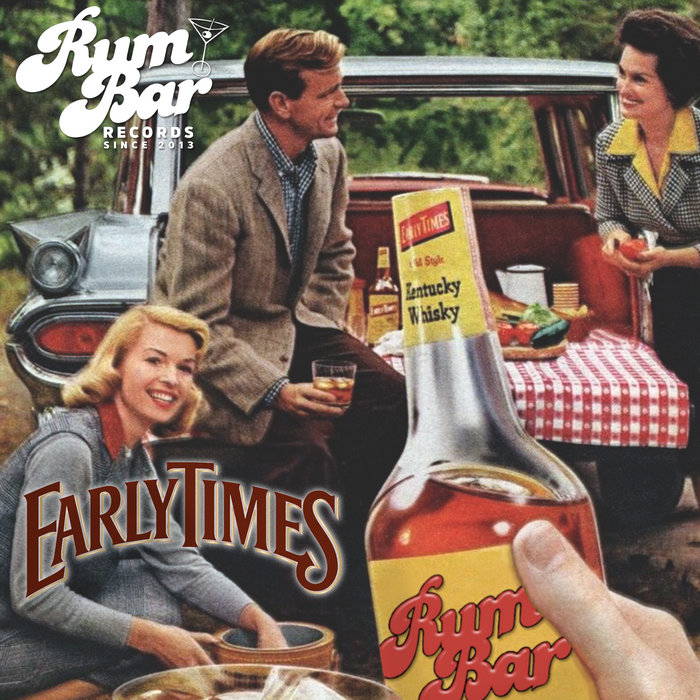
“Early Times” (Free Digital) Compilation – Rum Bar Records

Dueños del Terror – My Grito
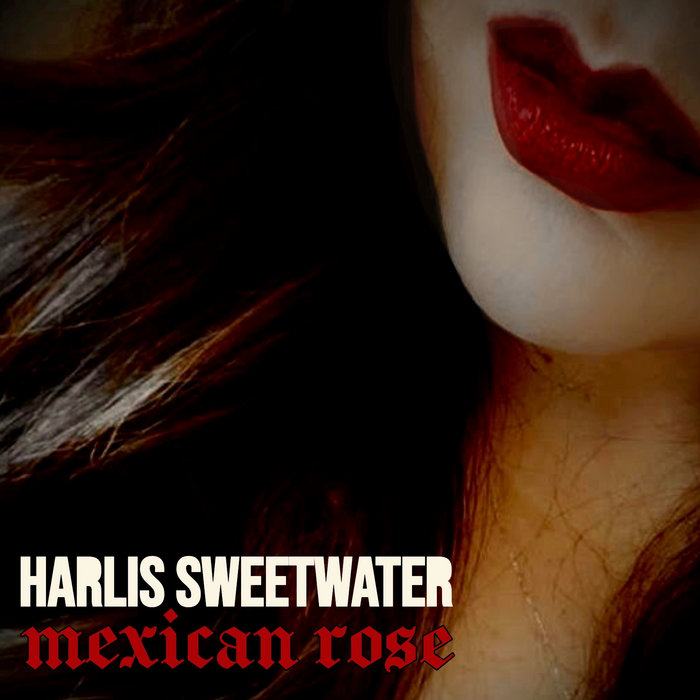
Mexican Rose – My Grito

Ahora – My Grito
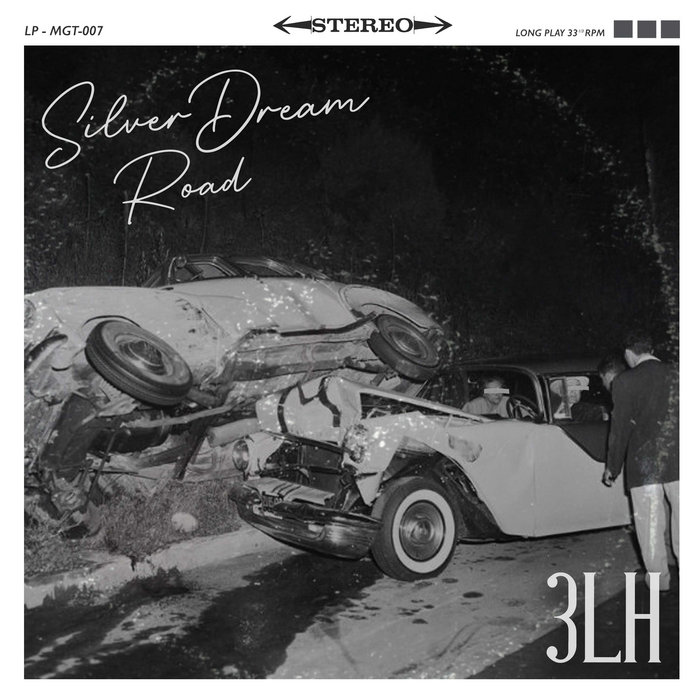
Silver Dreams – My Grito
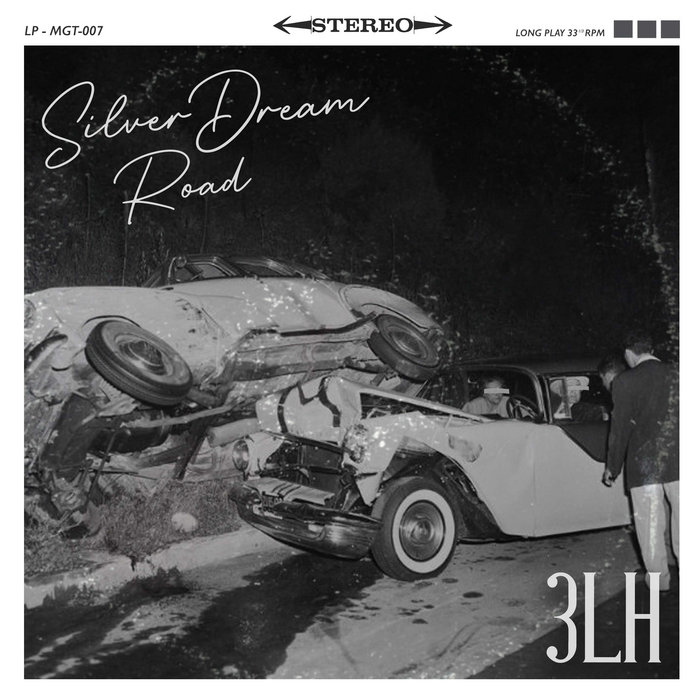
Come With Me – My Grito
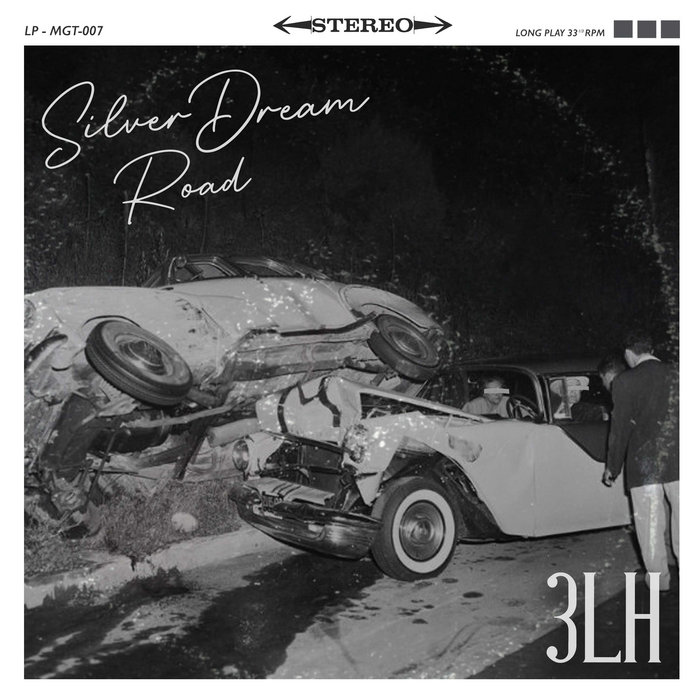
Don’t Wanna Hold Your Hand – My Grito
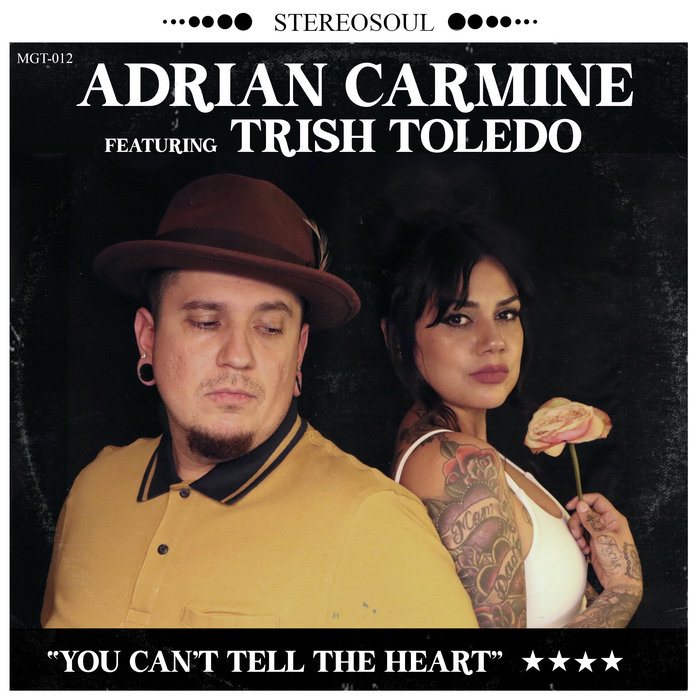
You Can’t Tell The Heart – My Grito
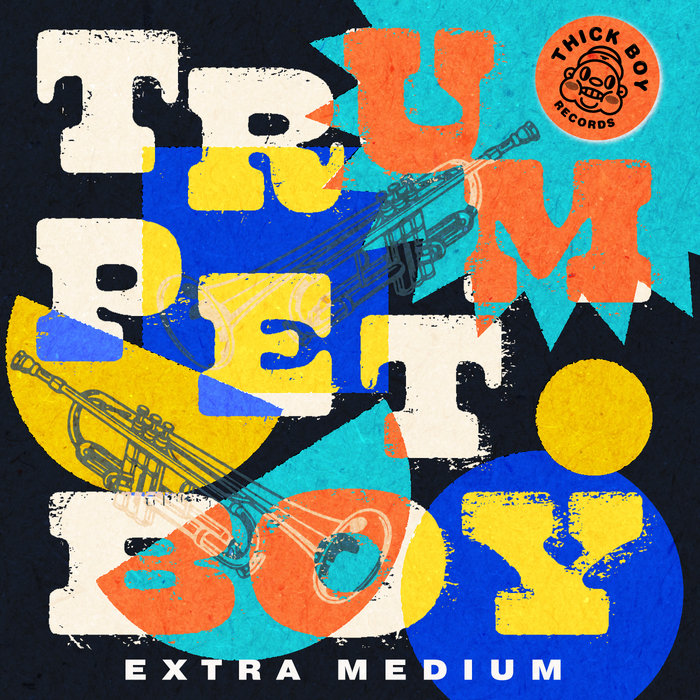
Extra Medium – Trumpet Boy – Thick Boy Records